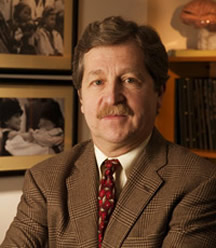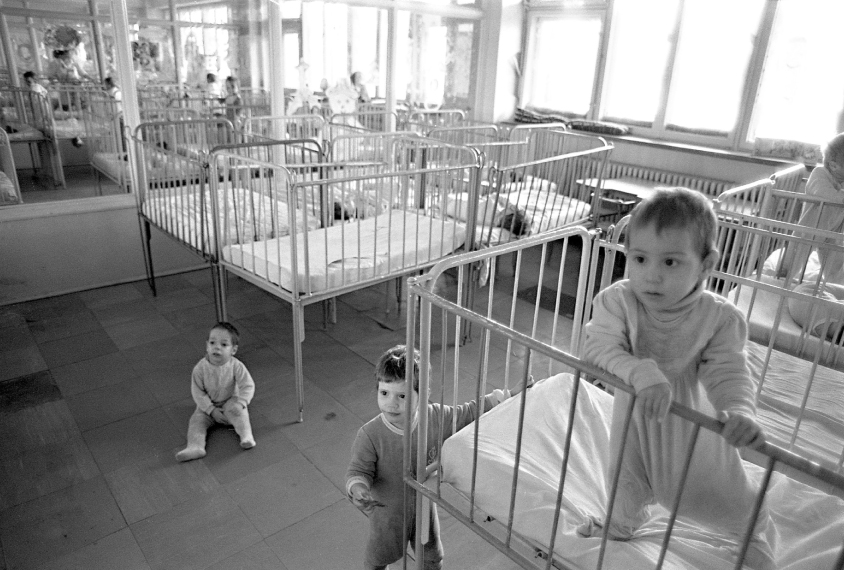Charles A. Nelson is professor of pediatrics and neuroscience at Harvard Medical School and director of research at Boston Children’s Hospital’s Developmental Medicine Center.

Charles A. Nelson
Research director
Boston Children's Hospital
From this contributor
How separating children from parents causes irreparable harm
Science teaches us that housing children in institution-like settings is likely to cause severe and permanent damage to their minds and bodies.

How separating children from parents causes irreparable harm
Romanian orphans reveal clues to origins of autism
Understanding autism features in children who were deprived of social contact as infants could offer clues to the condition.

Romanian orphans reveal clues to origins of autism
Explore more from The Transmitter
Lack of reviewers threatens robustness of neuroscience literature
Simple math suggests that small groups of scientists can significantly bias peer review.

Lack of reviewers threatens robustness of neuroscience literature
Simple math suggests that small groups of scientists can significantly bias peer review.
Dendrites help neuroscientists see the forest for the trees
Dendritic arbors provide just the right scale to study how individual neurons reciprocally interact with their broader circuitry—and are our best bet to bridge cellular and systems neuroscience.

Dendrites help neuroscientists see the forest for the trees
Dendritic arbors provide just the right scale to study how individual neurons reciprocally interact with their broader circuitry—and are our best bet to bridge cellular and systems neuroscience.
Two primate centers drop ‘primate’ from their name
The Washington and Tulane National Biomedical Research Centers—formerly called National Primate Research Centers—say they made the change to better reflect the breadth of research performed at the centers.

Two primate centers drop ‘primate’ from their name
The Washington and Tulane National Biomedical Research Centers—formerly called National Primate Research Centers—say they made the change to better reflect the breadth of research performed at the centers.